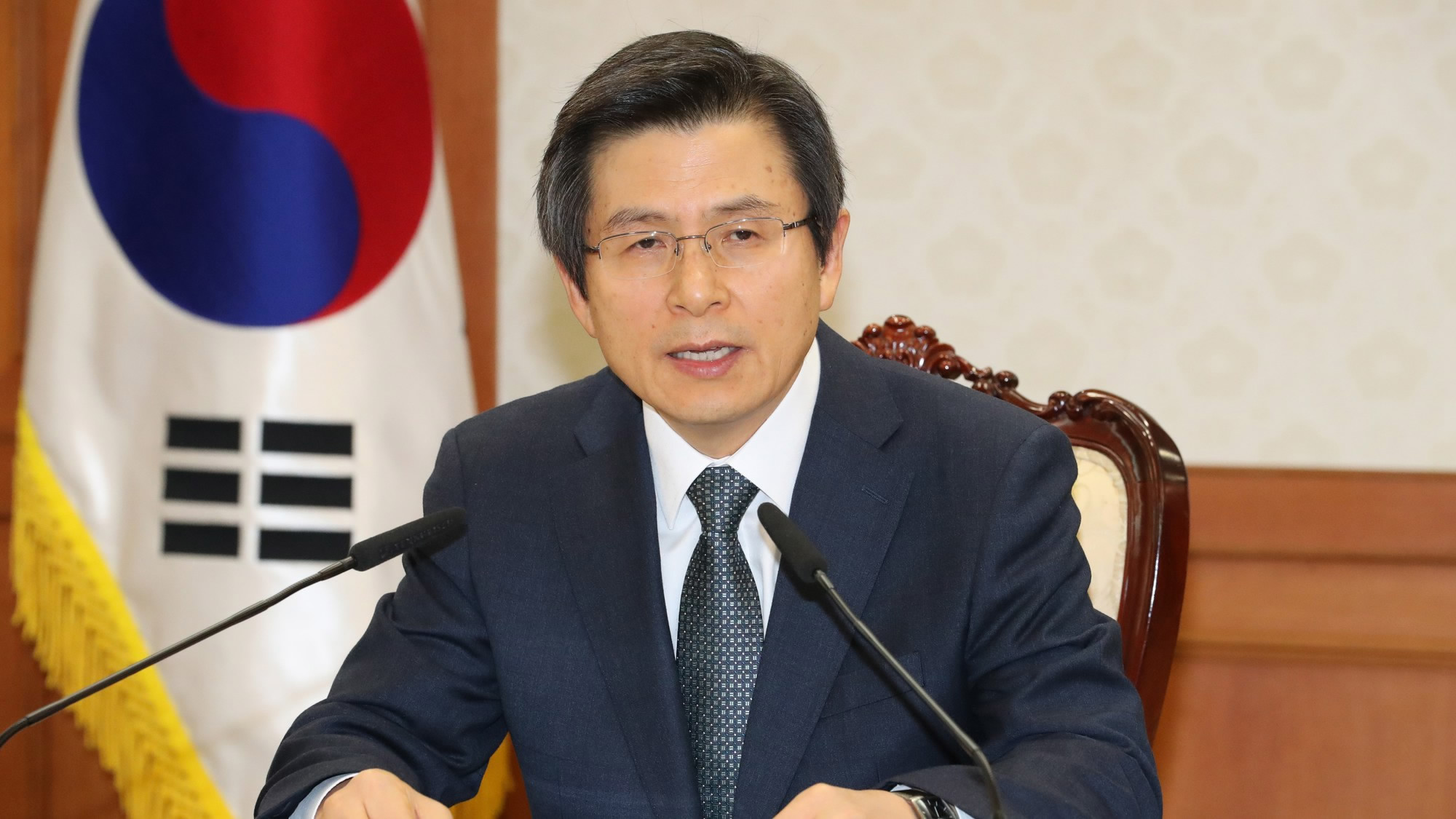
Politics
17:36, 04-Jan-2017
South Korea vows to maintain pressure, sanctions on DPRK in 2017
Updated
10:31, 28-Jun-2018

South Korea's unification ministry, which is in charge of inter-Korean affairs, vowed on Wednesday to maintain a policy of pressure and sanctions toward the Democratic People's Republic of Korea (DPRK) in 2017.
The ministry said in its annual planning report to Prime Minister Hwang Kyo-ahn, who now serves as acting president, its hard-line policy will be maintained to denuclearize the Korean Peninsula and cause a "right change" in the DPRK.
It indicated the government's adherence to the stance on the DPRK's nuclear issue, marked by intensive nuclear tests by Pyongyang in the past decade under conservative South Korean presidents Lee Myung-bak and Park Geun-hye.
The two leaders stuck to so-called "strategic patience," offering a conditional dialogue with Pyongyang.

South Korean president Park Geun-hye condemns a nuclear test carried out by the DPRK at an emergency meeting held at the Blue House in Seoul, Korea, on January 6, 2016. / CFP Photo
South Korean president Park Geun-hye condemns a nuclear test carried out by the DPRK at an emergency meeting held at the Blue House in Seoul, Korea, on January 6, 2016. / CFP Photo
During the decade-long deadlock, Pyongyang's nuclear and missile capabilities advanced at faster speeds than anticipated.
The DPRK detonated its second and third atomic devices in May 2009 and February 2013 respectively under the Lee Myung-bak administration. The fourth and fifth nuclear tests were carried out in January and September 2016 each under the impeached president.
Pyongyang, the report forecasts, will continue to pursue its ambition for a nuclear state position, while seeking to alter the current phase of anti-DPRK sanctions.
Top DPRK leader Kim Jong Un said in his New Year address that his country entered the final stage in preparations for the test launch of an intercontinental ballistic rocket, boosting concerns about further provocation in the near future.
(Story by Xinhua)
961km

SITEMAP
Copyright © 2018 CGTN. Beijing ICP prepared NO.16065310-3
Copyright © 2018 CGTN. Beijing ICP prepared NO.16065310-3